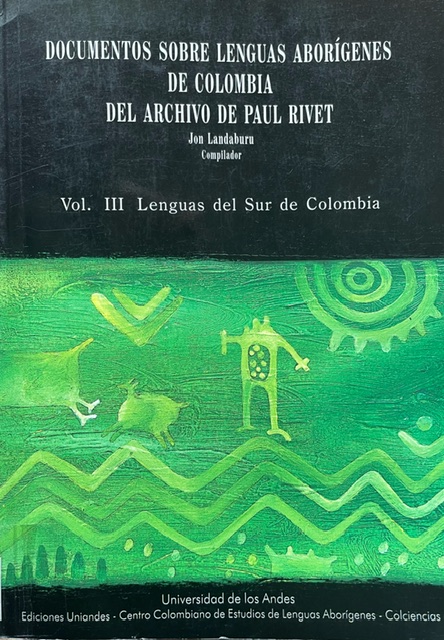| 000 -Líder |
|---|
| Campo de control de longitud fija |
06845nam a22002777a 4500 |
| 003 - Identificador del número de control |
|---|
| campo de control |
CO-BoICC |
| 005 - Fecha y hora de la última transacción |
|---|
| campo de control |
20201118092751.0 |
| 008 - Elementos de longitud fija -- Información general |
|---|
| Campo de control de longitud fija |
181026t2014 gw ||||fr|||| 001 0 eng d |
| 020 ## - ISBN |
|---|
| Número Internacional Normalizado del libro (NR) |
9783110488067 |
| 040 ## - Fuente de catalogación |
|---|
| Agencia de catalogación original |
CO-BoICC |
| Idioma de catalogación |
spa |
| 041 0# - Código de idioma |
|---|
| Código de idioma para texto/pista de sonido o título separado |
eng |
| 082 04 - Número de clasificación decimal Dewey |
|---|
| Número de la edición |
22 |
| Número de clasificación |
415 |
| Signatura librística |
SA192g |
| 100 1# - Entrada principal -- Nombre personal |
|---|
| Nombre personal |
Sampson, Geoffrey, |
| Fechas asociadas con el nombre |
1944- |
| 245 10 - Mención del título |
|---|
| Título |
Grammar without grammaticality : |
| Parte restante del título |
growth and limits of grammatical precision / |
| Mención de responsabilidad, etc. |
Geoffrey Sampson, Anna Babarczy |
| 260 ## - Publicación, distribución, etc. (Pie de imprenta) |
|---|
| Lugar de publicación, distribución, etc. |
Berlin ; |
| -- |
Boston : |
| Nombre del editor, distribuidor, etc. |
De Gruyter Mouton, |
| Fecha de publicación, distribución, etc. |
2014 |
| 300 ## - Descripción física |
|---|
| Extensión |
xv, 341 páginas ; |
| Dimensiones |
23 cm. |
| 490 0# - Mención de serie |
|---|
| Mención de serie |
Trends in Linguistics Studies and Monogrphs ; |
| Designación numérica/secuencial del volumen |
254 |
| 505 0# - Nota de contenido con formato preestablecido |
|---|
| Nota de contenido con formato preestablecido |
Introduction. -- Grammar before linguistics. -- All grammars leak. -- No common logic. -- “Chicken eat”. -- The case of Old Chinese. -- It cuts both ways. -- Vocabulary differences. -- What can be said about gramar. -- The computational viewpoint. -- The bounds of grammatical refinement. -- An experiment. -- The experimental material. -- The analytic scheme. -- Measuring similarity of analyses. -- Text complexity. -- Overall similarity results. -- Dividing overall discrepancy between annotation categories. -- Assigning responsibility for discrepancies. -- Monitoring for bias. -- Implications of the experiment. -- New research techniques yield novel perspectives. -- Where should annotation stop?. -- Another way to survey indeterminacy. -- Detailed v. skeleton analytic schemes. -- The trainability criterion. -- Limits to expert decision-making. -- Some examples of indeterminacy. -- Annotation practice and linguistic theory. -- A disanalogy with biology. -- Grammar without grammaticality. -- Strangers or unmet friends. -- Unfamiliar does not imply ungrammatical. -- Statistics of construction frequencies. -- A range without boundaries. -- Can intuition substitute for observation?. -- How intuitions have misled. -- Is English special?. -- The analogy with word meaning. -- Grammar as an expression of logical structure. -- Realistic grammatical description. -- Replies to our critics. -- Is our idea controversial?. -- Geoffrey Pullum’s objections. -- No virtue in extremism. -- Stefanowitsch versus Müller. -- Trees have no legs. -- Law versus good behaviour. -- Conceptual objections to our thesis. -- Do we really mean it?. --Grammaticality implied by Universal Grammar. -- The downfall of Universal Grammar. -- Economic growth and linguistic theory. -- Discipline should not contradict discipline. -- Language is not “special”. -- Grammatical description meets spontaneous speech. -- The primacy of speech. -- An example. – Wordtagging. -- Speech repairs. -- Syntactically Markovian constructions. -- Logical distinctions dependent on the written médium. -- Nonstandard usage. -- Dialect difference versus performance error. -- Transcription inadequacies. -- Dropping the paradigm. -- Demographic correlates of speech complexity. -- Speech in the British National Corpus. -- Measuring speech complexity. -- Classifying the speakers. -- Demographics and complexity indices compared. --“Critical period” or lifelong learning?. -- Individual advance or collective retreat?. -- The structure of children’s writing. -- Moving from spoken to adult written norms. -- The language samples. -- The suitability of the child-writing simple. -- Writing “wordier” than speech. -- Width v. depth in parse-trees. -- Interim summary. -- Phrase and clause categories. -- Use of phrase categories. -- Use of subordinate clause categories. -- The complexity of the relative constructions. -- Simple v. complex relatives. -- Unanswered questions. -- Child writing and discourse organization. -- A fixed grammatical programme?. -- New information about a previously identified object. -- The new study: data and methods of analysis. -- Context frequency. -- Syntactic patterns. -- Mistakes with relative clauses. -- The upshot of the analysis. -- Simple grammars and new grammars. -- Pidgins and creoles. -- Old Chinese as a counterexample. -- Old Chinese not a creole. -- Examples of structural vagueness. -- Lack of word clases. -- Logical indeterminacy. -- McWhorter’s diagnostics. -- No tone in Old Chinese. -- No inflexion in Old Chinese. -- Derivational morphology in Old Chinese. -- An accident of history. -- “Hidden” versus “overt” structure. -- Deutscher on Akkadian. -- Diverse paths of evolution. -- The case of the vanishing perfect. -- Losses as well as gains. -- The Perfect aspect and spontaneous speech. -- The standard system and nonstandard alternatives. -- Verb qualifiers in CHRISTINE. -- Past and Perfect. -- got for HAVE got. -- Casual subject-auxiliary omission. -- Modals + of. -- Nonstandard verb forms. -- A possible explanation. -- If one feature can go, what cannot?. -- Testing a metric for parse accuracy. -- The need for a metric. -- Alternative metrics. -- The essence of leaf-ancestor assessment. -- The experimental material. -- Calculation of lineage similarity. -- Are the metrics equivalent?. -- Performance systematically compared. -- Local error information. -- Authority is fallible. -- Linguistics empirical and unempirical. -- What went wrong?. -- Two kinds of empiricism. -- Universal Grammar versus empiricism. -- Arguments against empiricism. -- How empirical should linguistics be?. -- How intuition has led linguists astray. -- Were our intuitions correct after all?. -- Can intuitions be empirical?. -- Is our characterization of generative linguistics misleading?. -- New possibilities. -- The Hirschberg survey of computational linguistics. -- The literature simple. -- Evidence-based, intuition-based, or neutral. -- How much evidence counts as “evidence-based”?. -- Explicit authenticity claims. -- Raw and smoothed counts. -- The match between statistics and history. -- A rearguard action?. -- Empiricism reasserted. -- William Gladstone as linguist. -- Ducking an intellectual challenge. -- What Gladstone didn’t say. -- Gladstone’s positive contributions. -- Intellectual advance depends on a receptive audience. --Minds in uniform. -- Trivializing cultural differences. -- An earlier consensus. -- Globalization concealing cultural diversity. -- Generative linguistics as a theory of human nature. -- Cognitive constraints and cultural universalism. -- “Universal grammar” means European gramar. -- Honest and dishonest imperialism. -- Vocabulary and cultura. -- Universalist politics. -- Abandoning the touchstone of empiricism. -- Intuition-based politics. -- New evidence for language diversity. –Conclusion. |
| 541 ## - Nota de fuente inmediata de adquisición |
|---|
| Fuente de adquisición |
K-T-DRA |
| Método de adquisición |
Compra |
| Fecha de adquisición |
15/05/2018 |
| Precio de compra |
Factura - K32736 |
| 591 ## - Áreas temáticas |
|---|
| Áreas temáticas |
Lenguaje y lenguas |
| 650 17 - Asiento secundario de materia -- Término temático |
|---|
| Fuente del encabezamiento o término |
ARMARC |
| Término temático o nombre geográfico como elemento de entrada |
Gramática comparada y general |
| 650 17 - Asiento secundario de materia -- Término temático |
|---|
| Fuente del encabezamiento o término |
ARMARC |
| Término temático o nombre geográfico como elemento de entrada |
Inglés |
| Subdivisión general |
Gramática comparada |
| 650 17 - Asiento secundario de materia -- Término temático |
|---|
| Fuente del encabezamiento o término |
ARMARC |
| Término temático o nombre geográfico como elemento de entrada |
Chino |
| Subdivisión general |
Gramática comparada |
| 700 1# - Asiento Secundario--Nombre personal |
|---|
| Nombre personal |
Babarczy, Anna, |
| 942 ## - Tipo de Material (KOHA) |
|---|
| Tipo de Item |
Libros |




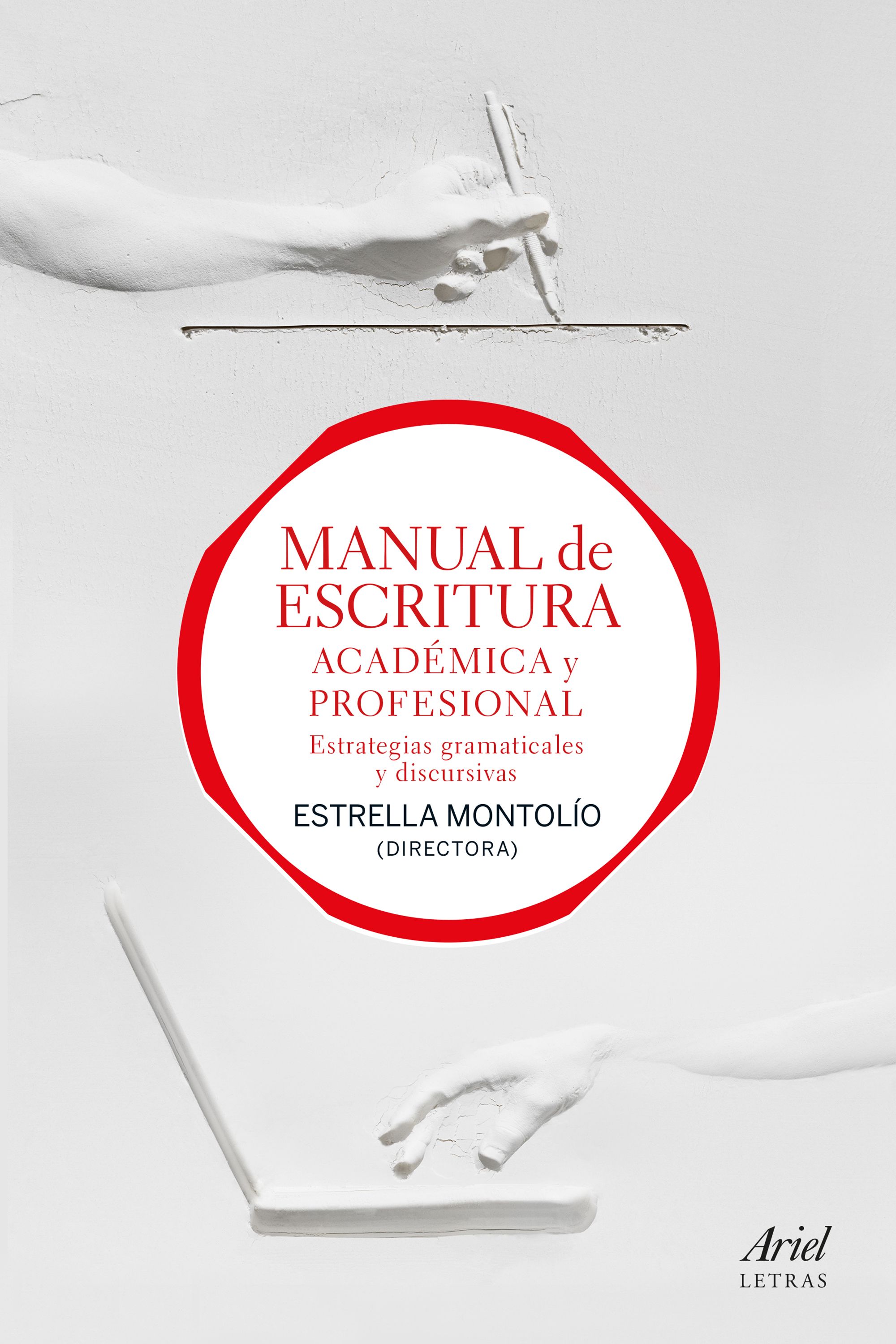
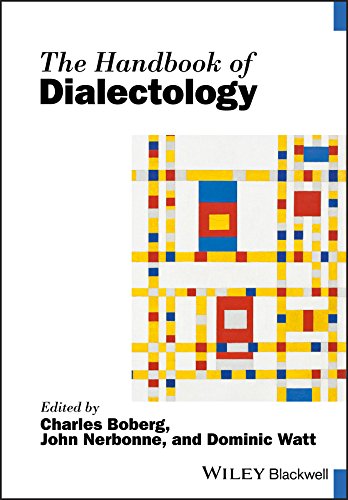
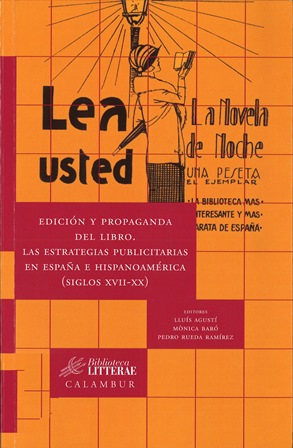
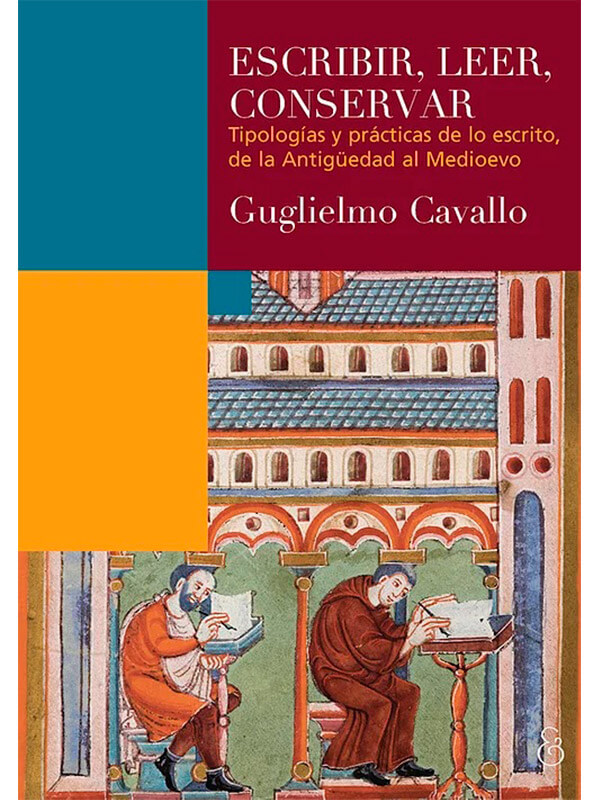
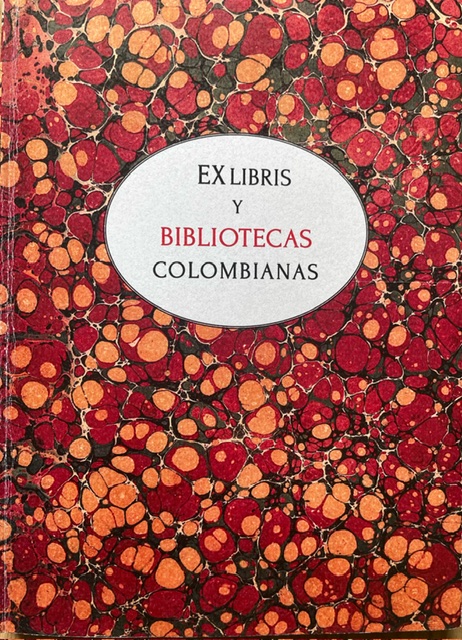
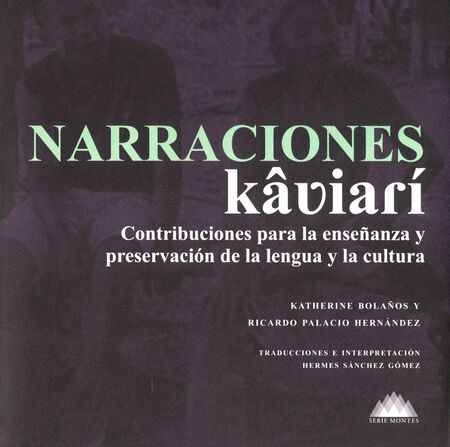
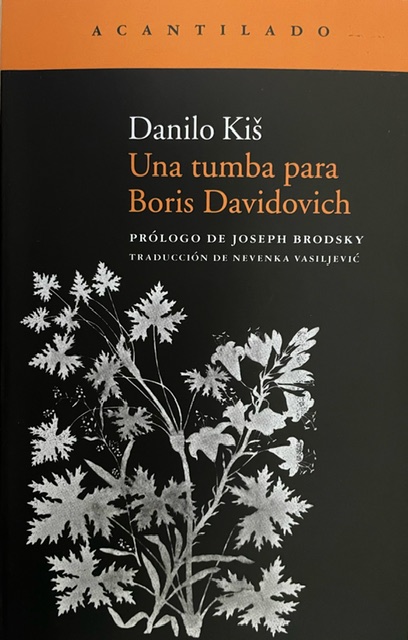
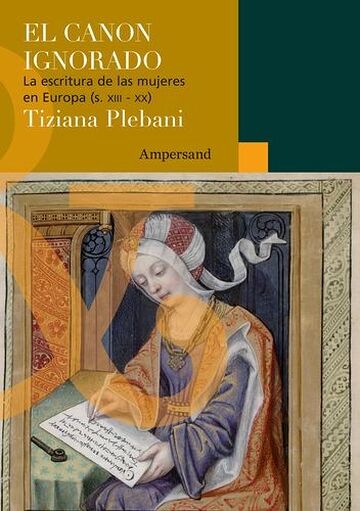
![Los indios katíos: Su cultura [y] su lengua / Constancio Pinto García Los indios katíos: Su cultura [y] su lengua / Constancio Pinto García](https://biblioteca.caroycuervo.gov.co/opac-tmpl/bootstrap/images/Portada9.jpg)
